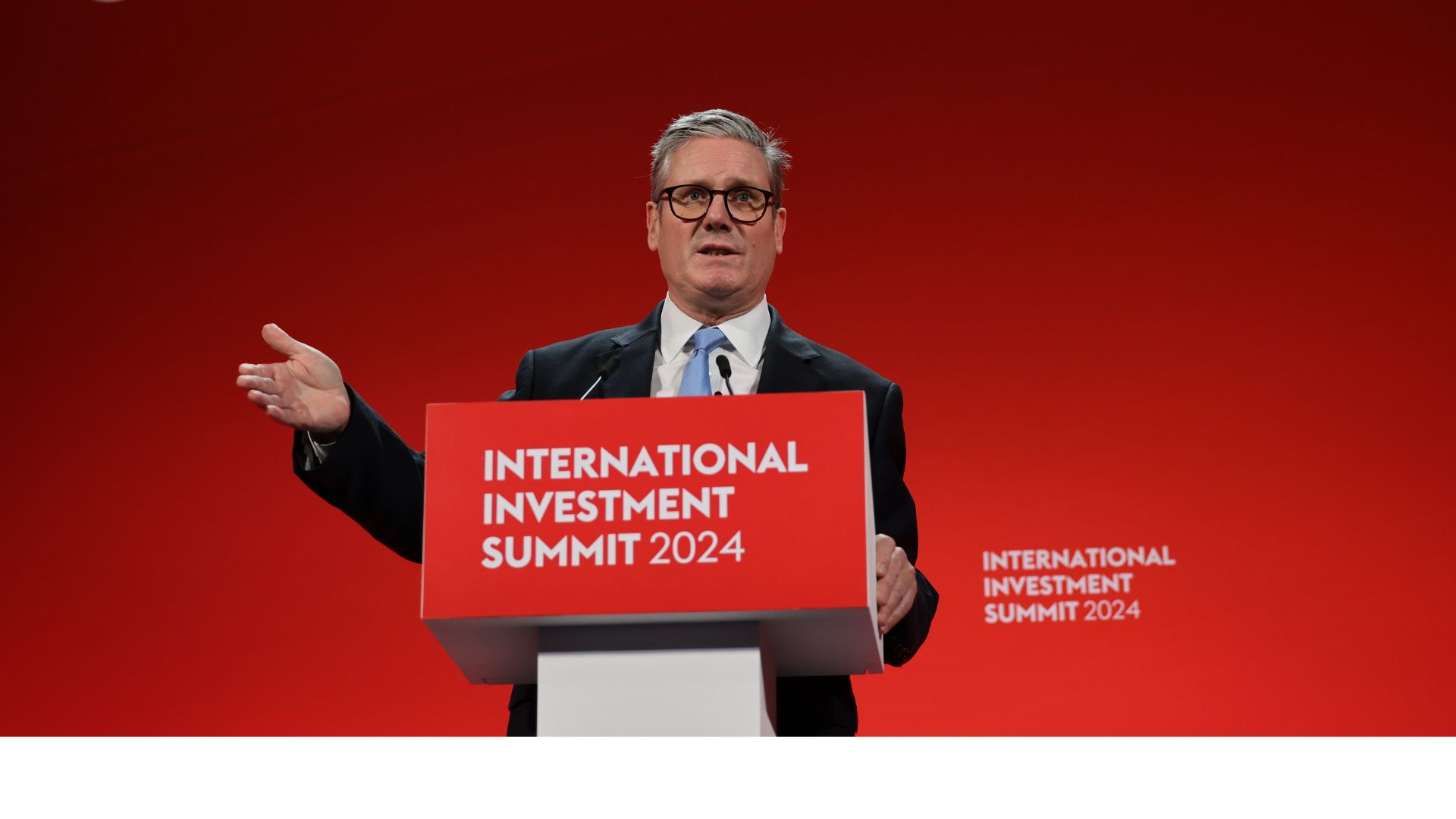If deregulation was the solution, our economy would be booming
Keir Starmer’s promise to slash red tape and ‘rip out bureaucracy’ is a step backwards for Britain, not forwards. Of course we need investment and stronger growth across the country, but the last 14 years have shown that widespread deregulation is not the answer.
Starmer’s rhetoric at yesterday’s (14 October) investment summit is familiar to the point of being a cliche. On taking office in 2010, the coalition government launched successive deregulatory initiatives on the basis that they were a barrier to growth. These were repeated again and again under successive Conservative administrations. Yet they left Britain in economic turmoil with low standards and anaemic levels of growth across the country. By framing regulations as obstacles to growth, Starmer is adopting an approach to policy which has been tried and tried again, and has failed.
- Keir Starmer on being as ‘bold as Attlee’ and why there’ll be no return to austerity under his watch
- All of Keir Starmer’s U-turns and abandoned policy pledges, from child benefits to private schools
Far from being a barrier, these protections create the stability and certainty that responsible investors value. Good regulations drive innovation, address poor corporate practices, win public trust, open up the closed markets to competition, and reduce complexity for UK businesses – creating favourable conditions in which they can plan, invest, and operate with confidence. Only a small minority of businesses cite regulation as a top challenge.
The UK is already one of the easiest countries in the developed world to hire and fire staff, set up a new company, or register a property. What’s more, deregulatory experiments have failed on their own terms. Boris Johnson promised to ‘boost’ the country’s economy by launching Free Ports. These eight low regulation havens have since attracted a meagre six businesses. According to the OBR, their impact on UK GDP has been so small it would be ‘difficult to discern.’
Due to the combination of our legal system and the massive cuts to regulatory agencies, it’s also a country where wrongdoers can increasingly get away with doing harm. We’ve seen this time and time again in recent years through the sewage that has been dumped en masse into our rivers, the widespread price gouging that occurred during the cost of living crisis, or the tragic lack of oversight over corporate malpractice that resulted in the Grenfell tragedy. The dangers of deregulation are well known and the priority now must be to strengthen accountability across Britain, not weaken it.





